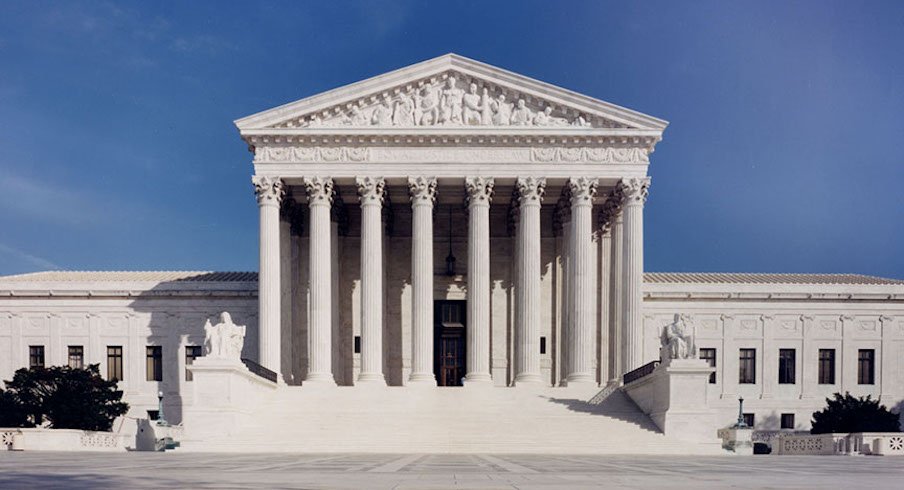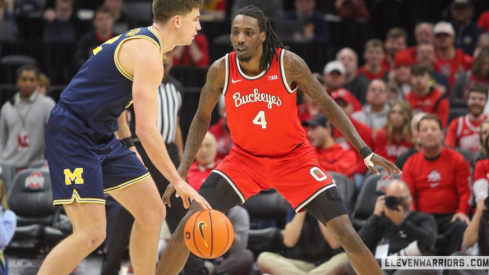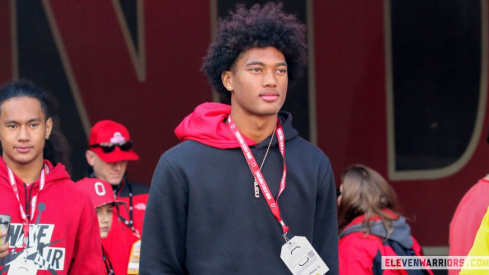The NCAA's amateurism model took another hit on Monday.
In a unanimous decision, the Supreme Court ruled unanimously in favor of college athletes in the Alston v. NCAA case on Monday. The ruling means the NCAA cannot limit education-related benefits that colleges provide to athletes, such as free laptops or paid post-graduate internships.
Here is the opinion in NCAA v. Alston. Justice Gorsuch delivered the opinion for a unanimous court. Justice Kavanaugh wrote separately to concur. https://t.co/GKlC9G6Q6e
— SCOTUSblog (@SCOTUSblog) June 21, 2021
The Supreme Court's ruling does not prevent the NCAA from continuing to prohibit colleges from paying athletes for their athletic performance, nor does it relate to the name, image and likeness benefits that college athletes will soon be able to receive as soon as July 1 in at least some states. (The NCAA's Division I Council could pass name, image and likeness legislation at its meetings this week with laws in numerous states, including Ohio, set to go into effect next month.)
But because the ruling determined that the NCAA's limits of education-related benefits violated antitrust law, it could open up the NCAA to more antitrust lawsuits going forward, putting the NCAA's amateurism model on thinner ice than ever before.
In a concurring opinion, Justice Brett Kavanaugh wrote “that the NCAA’s remaining compensation rules also raise serious questions under the antitrust laws” and “should be subject to ordinary rule of reason scrutiny.”
“Nowhere else in America can businesses get away with agreeing not to pay their workers a fair market rate on the theory that their product is defined by not paying their workers a fair market rate,” Kavanaugh wrote. “And under ordinary principles of antitrust law, it is not evident why college sports should be any different. The NCAA is not above the law.”


